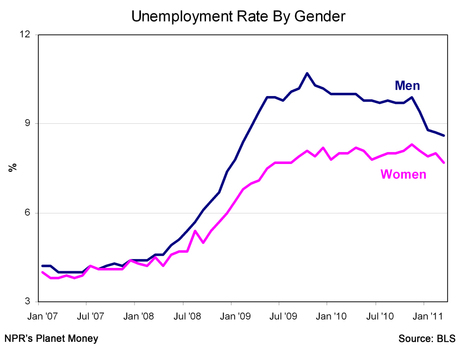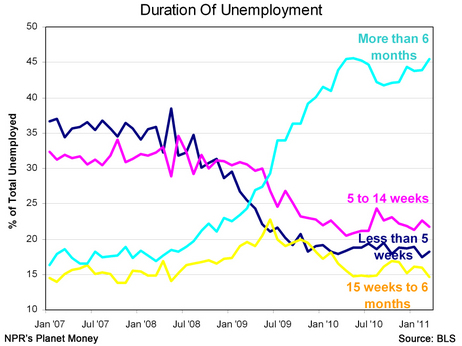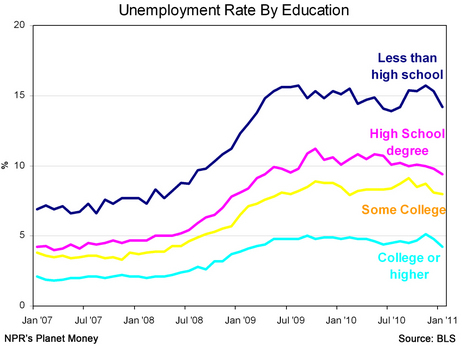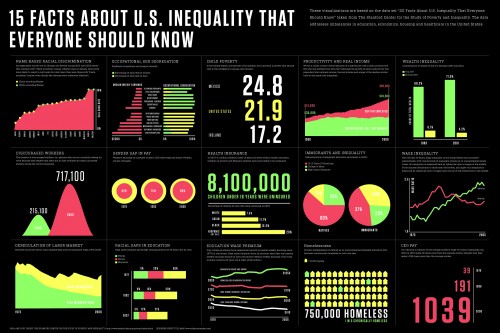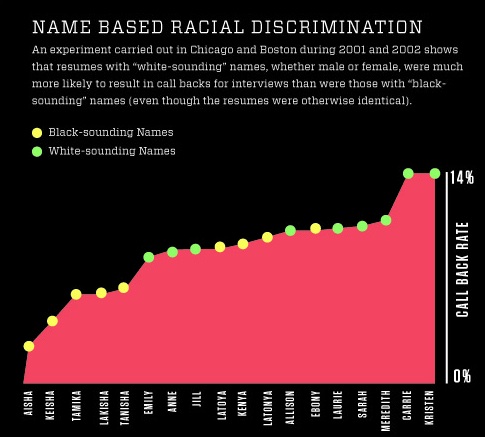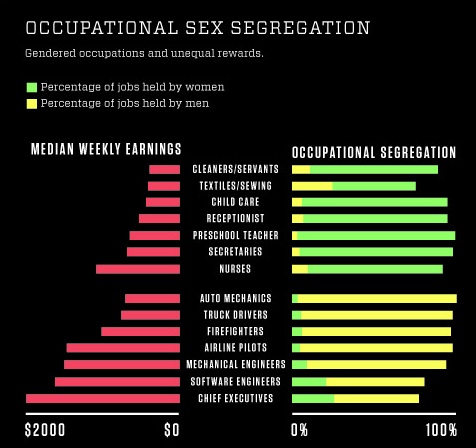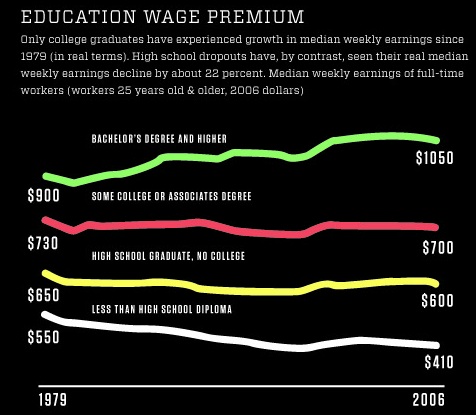
I know a Googler. Never to let a fleeting inquiry go unGoogled, he recently wondered who was the voice of Hulu. It turns out to be a man named Dave Fennoy. Fennoy is a wildly successful voice actor, doing work for McDonalds, KFC, and Chrysler. He’s also black. In the 1-1/2 minute clip below, he talks about being teased as a kid for “talk[ing] like a white boy” and how this caused him “identity problems.” Later he attended Howard University, where he re-thought what it meant to be black, rejecting the idea that he was supposed to talk in any which way. He doesn’t talk about how his success in The Industry (as we call it in Los Angeles) is related to his sound, though I wish he had:
—————————
Lisa Wade is a professor of sociology at Occidental College. You can follow her on Twitter and Facebook.







